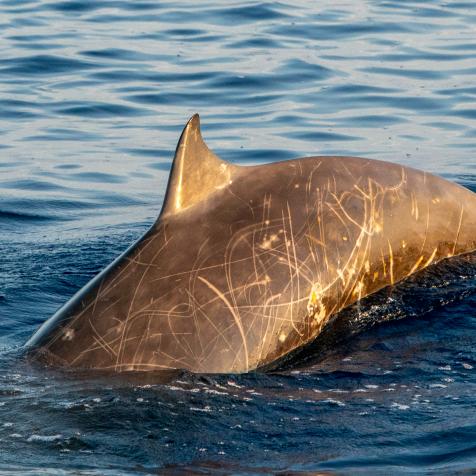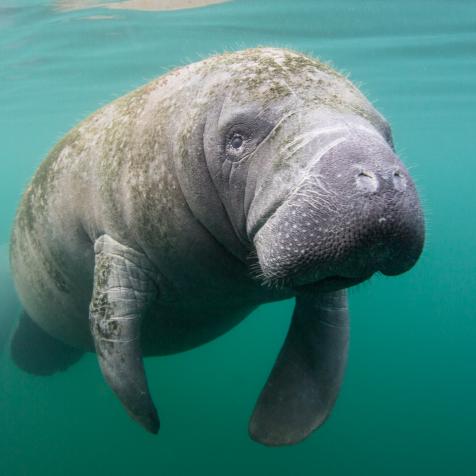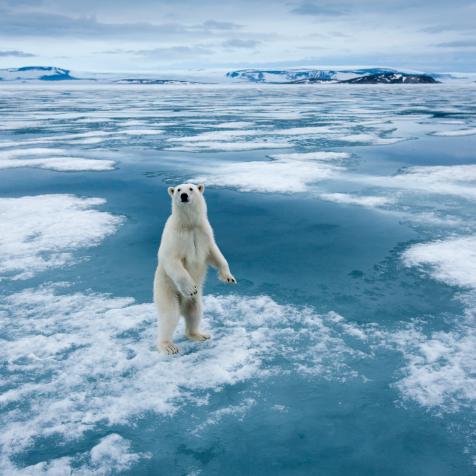
Sylvain CORDIER
What’s Baking in Alaska?
A trending new addition to travel bucket lists around the world is frigid-yet-beautiful Alaska. The poles, the dancing lights, and the winter wonderlands have always attracted the extreme traveler - but this time, there is more than the magical draw of the north that is inviting people up towards the corners of the globe: climate change.
There’s a strange form of climate anxiety is driving more people to places and sights that may cease to exist in the coming years or decades. Alaska tops the list of climate-induced travel destinations. The northern and otherwise-serene Alaskan village of Kaktovik saw a major boom in tourism last year, as over 2,000 people descended on its sparsely populated gravel and snowy streets. Until earlier in the decade, local news reports say, the village had fewer than 50 annual visitors. The main attractions now are polar bears, which are being forced into towns by a warming planet and the diminishing Arctic sea ice. All the heating is making it far easier for wildlife spotting and effortless bear selfies. Most visitors are reportedly from China, Europe, or the USA, often arriving on fuel-guzzling chartered planes.

Education Images
Around the mid 1990s, researchers began noticing more female bears denning on land instead of in the ice. And seasons of tourism correspond with changing bear behavior. It peaks in autumn (which is also far warmer and breezier than the imminent winter - and climate change is making things more pleasant in general) when sea ice is far from the shore, and bears can become stranded on the land until the sea freezes again in winter.

Universal History Archive
A report in the Climate Science Special Report: Fourth National Climate Assessment found, “Alaska has warmed more than twice as rapidly as the rest of the United States.” This year, alarming temperatures were reported from Alaska. Every day since April 25 saw above average temperatures, the longest streak in a century.

Sylvain CORDIER
While bears have their charm, melting glaciers are a spectacle in their own right. With predictions like the recent one that glaciers could be melting at 100 times faster than previously thought, the number of tourists on ice seems to be going up correspondingly. Alaska’s tour companies have reported an unprecedented increase - and the number of glacial cruises reportedly went up 33 percent in the last decade. Some glaciers have been marked by the rate of melt for tourists to watch and imagine the future from where they stand, much like visitors to the Berlin wall picture the past. As the landscape changes, tour companies have had to modify their regular routes and hikes too - some glaciers that had access by foot only a decade ago can now only be reached by helicopter.


















